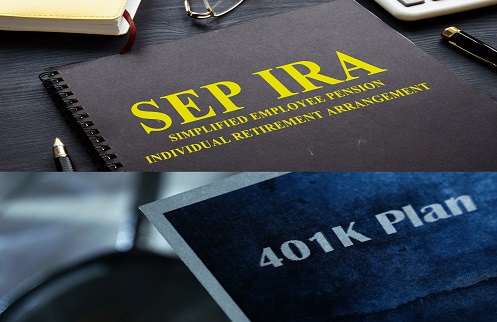
Understanding Estate Taxes: Estate Income Tax vs. Estate Tax
When navigating the world of estate taxes, you must differentiate between estate income tax and estate tax. Both are vital, yet they serve distinct purposes. Understanding estate taxes can help you manage and plan your estate more effectively.
Understanding Estate Income Tax
Estate income tax is levied on the income generated by the estate’s assets after the decedent’s death. A tax filing requirement applies to any income generated or applicable to the estate of $600 or more. This includes any earnings from investments, dividends, or interest. The estate must file an income tax return using IRS Form 1041. The income generated by the estate is taxed at the estate’s income tax rates, which can be quite high, or it flows over to the estate beneficiaries via a schedule K-1 form per each beneficiary.
For example, if an estate holds rental properties, the estate must pay estate income tax on any rental income received after the decedent’s death. Understanding estate taxes in this context requires keeping track of all income-producing assets and ensuring timely tax filings.
Estate Insights and Articles in the News
A recent article published by Investopedia extensively discusses more about the estate tax and who is liable to pay. The article also explores an overview of tax rates and estate tax strategies to minimize or avoid estate taxes. Seeking expert help with estate planning goes a long way with securing generational finances for loved ones and beneficiaries.
Understanding Estate Tax
Estate tax, on the other hand, is a tax on the total value of the estate’s assets at the time of the decedent’s death. The IRS calculates this tax based on the fair market value of the estate’s assets, including real estate, stocks, bonds, and personal property. Unlike estate income tax, the estate tax is a one-time tax, and you typically file it using IRS Form 706.
The estate tax only applies if the total value of the estate exceeds a certain threshold. For 2024, this threshold is $13.61 million per individual and $27.22 million for a married couple. Estates below this value are not subject to federal estate tax. Understanding estate taxes in this sense involves evaluating the total value of the estate and determining if it meets the tax threshold.
Conclusion
Understanding estate taxes is essential for effective estate planning. Estate income tax focuses on the income generated by estate assets post-death, while estate tax deals with the total value of the estate. By distinguishing between these taxes, you can better manage your estate and comply with legal requirements.
An estate tax filing requirement is triggered for estate assets that exceed $13.61 million per individual and $27.22 million for a married couple. An estate income tax filing requirement is triggered for estate-generated income of $600 or more. Understanding estate and estate income taxes helps you make informed decisions and ensures that you meet all tax obligations.
To comment on this article or to suggest an idea for another article, contact Sanz Virtual Enterprise.
And, don’t forget to follow us on linkedin for a variety of tips and articles on the topic of taxes, accounting, and related matters.
#accounting #businesstaxpreparation #certifiedpublicaccountant #cpaservices #financialstatementspreparation #businessentityformation #bookkeeping #budgeting #llc #financialauditing #attestation #1040taxprep #partnerships #scorporations #corporations #balancesheet #incomestatement #sanz #sanzvirtualenterprise #cpa #estatetaxes #estateincometaxes #form1041 #taxplanning



